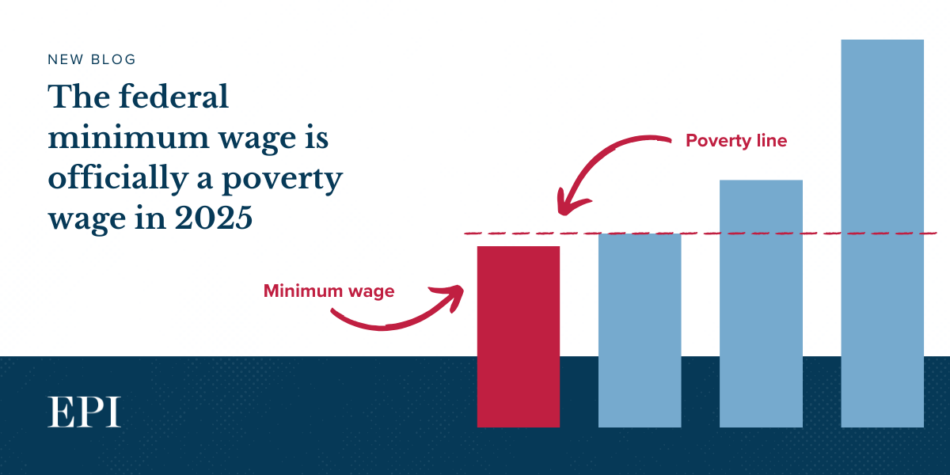Concerns Grow Over Trump's Use of Executive Power Amid National Security Risks

In recent weeks, the actions of the Trump administration have sparked significant concern as it has increasingly relied on presidential power. This aggressive approach includes dismissing career officials, undermining oversight mechanisms, and asserting broad executive authority. Such actions have already raised alarms among experts and lawmakers, prompting a discussion about what might trigger the administration to take even more radical steps in the face of a potential national crisis.
One of the most pressing fears is the possibility of a major terrorist attack on U.S. soil. Historically, moments of national trauma have often led to a swift erosion of democratic norms, with administrations utilizing crises as a pretext for expanding their powers. Disturbingly, the current administration appears not only ill-prepared for such threats but is also engaging in actions that could make the nation more vulnerable. Key leadership positions within the National Security Agency and Cyber Command have been vacated, and cybersecurity experts at the Department of Homeland Security have been dismissed. Furthermore, significant purges within the National Security Council have left critical voids in the nation's defense strategy.
In addition to staffing changes, the administration has taken steps that, whether intended or not, severely degrade the U.S. capabilities to respond to catastrophic threats. This includes the reduction of essential public health programs, erosion of nuclear oversight, and deprioritization of intelligence efforts that are crucial for safeguarding the homeland.
While there is currently no evidence to suggest that these actions are a prelude to an orchestrated power grab, it is imperative to examine the motivations behind these decisions. A major attack could be manipulated to facilitate the administration's broader objectives, potentially undermining the very foundations of American democracy. In the aftermath of the September 11 attacks, significant reforms were implemented to bolster national security and prevent future incidents, including the establishment of the Department of Homeland Security and enhancements to the FBI's domestic intelligence capabilities. Yet, as we move toward 2024, experts, including those from the Commission on the National Defense Strategy, have warned that the U.S. faces unprecedented security threats comparable to those during World War II, with Americans largely unaware of how these threats, particularly cyberattacks, could disrupt their daily lives.
In stark contrast to past efforts at comprehensive homeland security, the administration's policy framework, known as Project 2025, seems to overlook the critical importance of national security. Instead, it frames homeland defense as predominantly a border and immigration issue, sidelining the broader spectrum of threats the nation faces. Alarmingly, Project 2025 does not present a cohesive strategy to counter terrorism, cyberattacks, or other domestic dangers. Additionally, it proposes dismantling the Department of Homeland Security, redistributing its essential components, and even privatizing some of its functions. While the administration has yet to fully implement these changes, its ongoing dismissal of key officials in intelligence and security sectors has already weakened the nations defenses against potential threats.
Among the most concerning actions is the significant reduction of funding for pandemic preparedness and public health initiatives. In March 2025, the Department of Health and Human Services cut $11.4 billion in essential grants, forcing state and local agencies to lay off vital personnel who are crucial for managing public health crises. Similarly, personnel cuts at the National Nuclear Security Administration have resulted in the loss of hundreds of employees responsible for ensuring the safety and efficacy of Americas nuclear arsenal. Furthermore, the FBI's realignment under Director Kash Patel, shifting its focus back to traditional law enforcement while moving away from domestic intelligence, jeopardizes its ability to detect threats such as homegrown terrorism and foreign interference.
The ramifications of such vulnerabilities could be dire, particularly in the event of a domestic attack. Not only could the immediate impact be devastating, but the aftermath could yield even graver consequences for civil liberties and governance. A significant homeland attack could provide a pretext for waiving the Posse Comitatus Act, which has historically restricted the military's role in domestic law enforcement. In a crisis, the administration might argue for military intervention to quell unrest, suppress dissent, or detain individuals in the name of national security.
The troubling precedent has already been set, as the administration previously invoked the Alien and Sedition Acts to expel individuals associated with a Venezuelan gang without due process, signaling the extent to which it might go in the wake of a severe incident. Furthermore, the administrations adherence to Project 2025 entails a push for greater executive authority over the federal bureaucracy, reminiscent of post-9/11 measures that expanded executive power without adequate congressional oversight.
History demonstrates that national crises are often exploited by leaders to consolidate their power. An attack on U.S. soil could allow a sitting president to adopt the role of a 'wartime leader,' reaping significant political advantages. Fortunately, the American democratic system is designed with checks and balances to prevent any single branch of government from accumulating unchecked power. While federal courts have pushed back against certain overreaches, Congress has been notably quiet amidst these alarming developments. The administrations neglect of homeland security is a significant red flag, calling for increased vigilance and response from both Congress and the American populace. The hard-won post-9/11 reforms are now at risk, leaving the nation vulnerable not only to external attacks but also to potential crises that could be manipulated to further entrench power. The warning signs are evidentwill Congress take action to safeguard democratic principles?
Jane Harman is a former nine-term congresswoman from California and former ranking member of the House Intelligence Committee. She also chaired the Commission on the National Defense Strategy and authored the book Insanity Defense: Why Our Failure to Confront Hard National Security Problems Makes Us Less Safe.

























